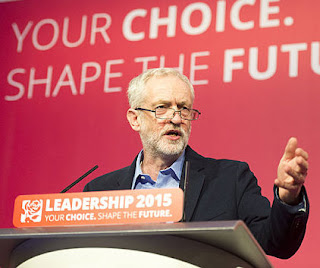Why Socialism is far superior than Capitalism: The achievements of Socialist construction in the Soviet Union
By Nikos Mottas.
During
the last 25 years, after the victory of the counterrevolutionary
forces in the Soviet Union and Eastern Europe, the public political
discussion has been dominated by the concept of the “end of
history, end of ideologies”. This is certainly a very convenient
concept for the dominant class, the bourgeoisie, in her effort to
convince the world that: 1) Socialism has irreversibly failed, 2)
Capitalism is the final winner in the succession of History's
socio-economic transformations, 3) Every argument for a
non-capitalist society, where the means of productions will be
socialized in a centrally-planned economy, is “unrealistic” and a
“utopian fantasy”.
Anticommunism,
of course, consists a core part of the above bourgeois principle. For
more than two decades, the bourgeois forces and their mechanisms
(historiography, media, etc.) in all over the world have unleashed an
anticommunist crusade, mainly through demonizing and slundering the
Soviet Union and the socialist construction of the 20th
century in general.



















